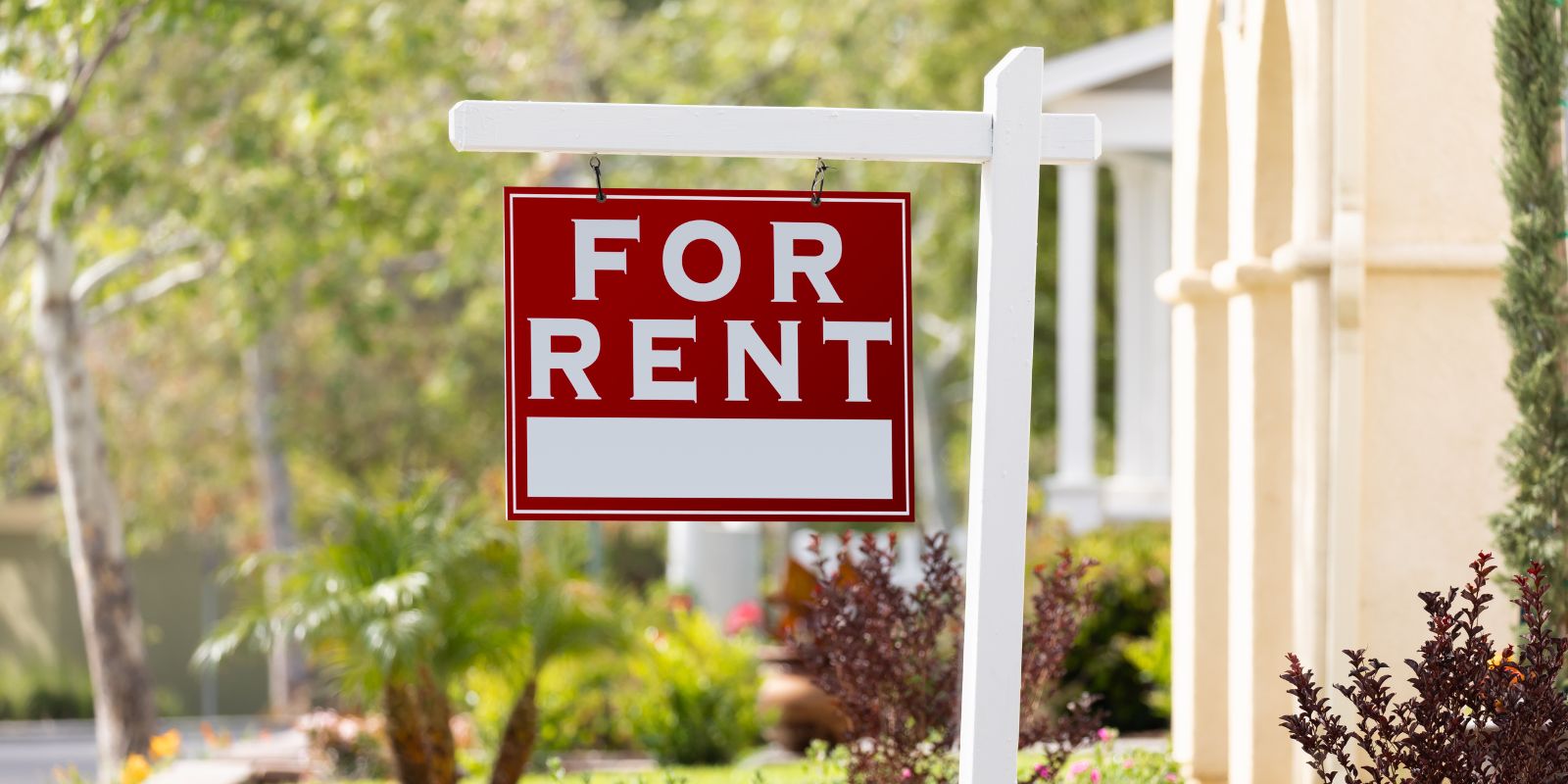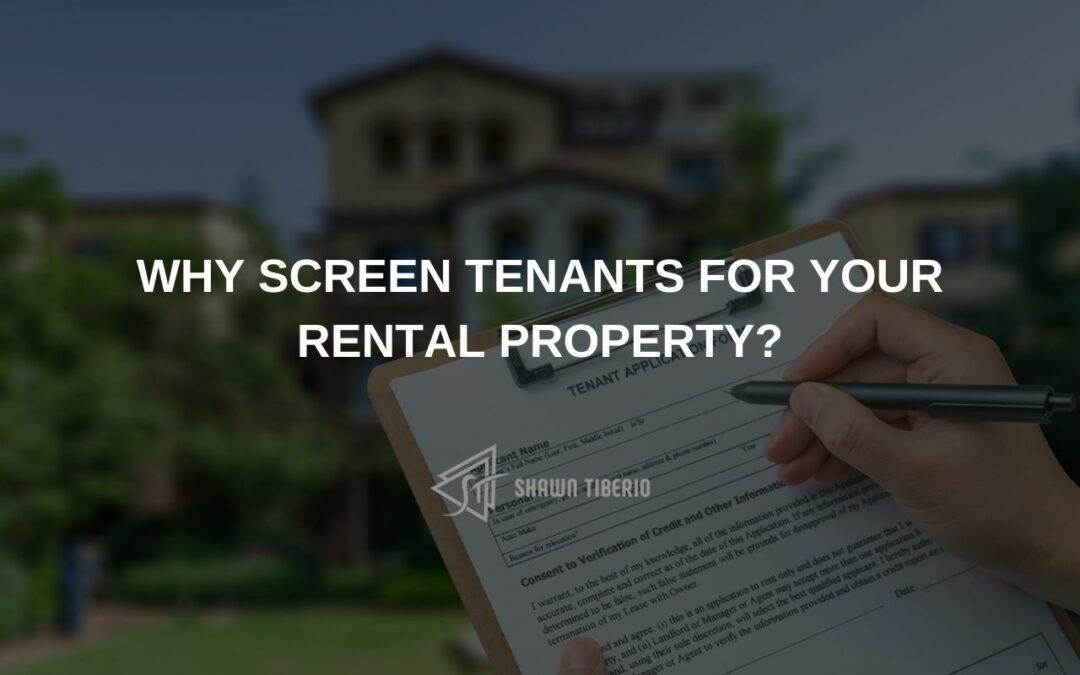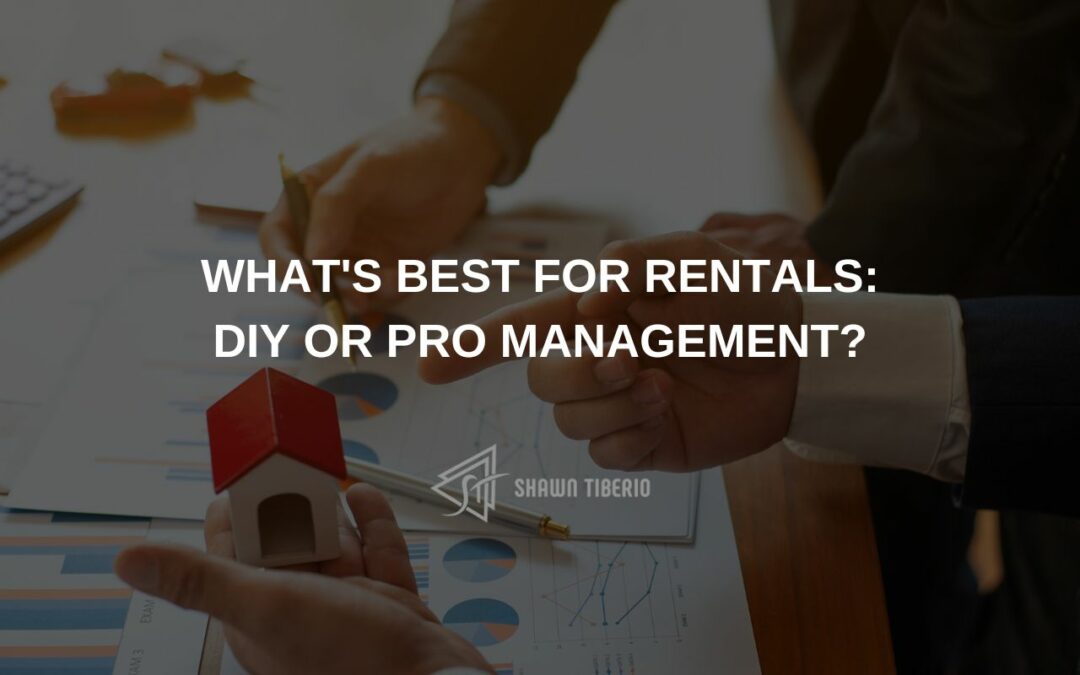Managing rental properties is like walking a tightrope; it requires balance, precision, and a steady hand. As a property manager, you’re constantly juggling multiple responsibilities and tasks, each crucial to the success of your rental business.
You understand the importance of maintaining a positive cash flow, keeping tenants satisfied, and ensuring your properties are well-maintained. But how do you navigate these challenges effectively? What are the best strategies to ensure successful rental property management?
Stay tuned to discover the six top tips that will set you on the path to achieving your property management goals.
Key Takeaways
- Prioritize property selection in areas with high demand, low vacancy rates, good schools, public transportation, amenities, low crime rates, and a strong job market.
- Conduct thorough tenant screening including background checks, credit and rental history examination, and employment verification.
- Utilize effective marketing strategies such as digital platforms, targeted advertising, and compelling advertisements to attract potential tenants.
- Implement preventive maintenance strategies to enhance property condition, minimize repair costs, and extend the lifespan of property systems and equipment.
Property Selection
When selecting rental properties, prioritize locations with high demand and low vacancy rates to maximize your potential return on investment. Location analysis is crucial in identifying areas with strong rental demand. Look for neighborhoods with access to good schools, public transportation, and amenities such as parks and shopping centers. Additionally, consider areas with low crime rates and a strong job market, as these factors contribute to high demand for rental properties.
Property valuation is another key aspect of property selection. It’s important to conduct a thorough assessment of the property’s value to ensure that you’re making a sound investment. Consider hiring a professional appraiser to accurately determine the property’s worth based on its condition, location, and comparable sales in the area. Understanding the property’s valuation will help you make informed decisions when negotiating the purchase price and rental rates.
Moreover, look for properties in areas with low vacancy rates. Low vacancy rates indicate a stable rental market where properties are in high demand. Research the historical vacancy rates in the area to gauge the market’s stability and potential for consistent rental income.
Tenant Screening
When screening potential tenants, it’s crucial to conduct thorough background checks to ensure you’re getting reliable and trustworthy individuals.
Pay close attention to their credit and rental history, as this can provide valuable insight into their financial responsibility and previous rental experiences.
Additionally, verifying their employment status can help confirm their ability to consistently meet rent payments.
Background Check Importance
Conducting a thorough background check on potential tenants is a critical aspect of rental property management, ensuring the protection of your investment and the safety of your property. Here’s why it’s crucial:
- Risk Mitigation: A comprehensive background check helps you identify potential red flags, such as a history of evictions or financial irresponsibility, reducing the risk of problematic tenants.
- Legal Compliance: By following a thorough process, you demonstrate adherence to fair housing laws and regulations, safeguarding yourself against potential legal issues.
- Property Safety: Screening for criminal history and past behavior can help prevent incidents that may compromise the safety and well-being of other tenants or the property itself.
- Financial Stability: Verifying income and employment history ensures that tenants have the financial means to meet their rental obligations, reducing the likelihood of missed payments or defaulting on rent.
Implementing a meticulous screening process using accurate and reliable sources is essential for successful rental property management.
Credit and Rental History
Ensuring the financial stability and past behavior of potential tenants is crucial in rental property management, making the examination of credit and rental history an integral part of the tenant screening process. Improved screening processes can significantly reduce the risks associated with problematic tenants. A thorough credit check provides valuable insights into an individual’s financial responsibility, while a review of rental history offers a glimpse into their past behavior as a tenant. By leveraging this data, property managers can make more informed decisions, leading to more reliable and responsible tenants. The table below illustrates the impact of tenant screening on property management, highlighting the importance of incorporating credit and rental history in risk assessment.
| Aspect | Impact |
| Financial Stability | Indicates ability to pay rent |
| Rental History | Reveals past behavior as tenant |
| Risk Assessment | Assists in selecting reliable tenants |
Employment Verification
To assess the stability of a potential tenant’s income, it’s essential to verify their employment status and income. This step is crucial in the tenant screening process to ensure they can meet their rental obligations.
Here are some best practices for the employment verification process:
- Direct Contact: Reach out to the tenant’s employer to confirm their position, salary, and length of employment.
- Income Accuracy Checks: Request pay stubs or bank statements to verify the income stated on the rental application.
- Employment History: Check the tenant’s employment history to gauge their job stability and consistency of income.
- Professional Services: Consider using professional tenant screening services that specialize in employment verification to ensure accuracy and compliance.
Employment verification provides valuable insights into a tenant’s financial stability, helping you make informed decisions in rental property management.
Effective Marketing
When marketing your rental property, it’s essential to leverage digital platforms and targeted advertising to reach potential tenants efficiently and cost-effectively.
Social media has become a powerful tool for property managers to connect with a vast audience. Platforms such as Facebook, Instagram, and Twitter allow for highly targeted advertising, enabling you to reach potential tenants based on demographics, interests, and location. Utilizing social media not only expands your reach but also allows for engaging content such as virtual property tours, neighborhood highlights, and testimonials from current tenants.
By creating compelling and visually appealing advertisements, you can capture the attention of potential renters and drive them to inquire about your rental property.
In addition to social media, online advertising through platforms like Google Ads and Craigslist can significantly increase the visibility of your rental property.
These platforms offer various targeting options and ad formats to suit your specific needs. With Google Ads, you can target individuals actively searching for rental properties in your area, ensuring that your ad reaches a highly relevant audience.
Craigslist, on the other hand, provides a popular platform for listing rental properties, attracting a large number of potential tenants.
Maintenance Strategies
You can enhance the overall condition and value of your rental property by implementing preventive maintenance planning.
This involves regularly scheduled inspections and maintenance tasks to address potential issues before they become major problems.
Timely repair coordination is also crucial in ensuring that any maintenance or repair needs are addressed promptly to minimize inconvenience to tenants and prevent further damage to the property.
Additionally, maintaining a budget-conscious approach to upkeep allows you to efficiently allocate resources and prioritize necessary maintenance tasks without overspending.
Preventive Maintenance Planning
Implementing a proactive preventive maintenance plan can significantly reduce repair costs and extend the lifespan of your rental property’s systems and equipment. To effectively plan for preventive maintenance, consider the following strategies:
- Regular Inspections: Schedule routine inspections of all major systems and equipment to identify potential issues before they escalate.
- Scheduled Servicing: Establish a regular servicing schedule for HVAC systems, plumbing, electrical, and other critical components to ensure optimal functionality.
- Documentation: Keep detailed records of maintenance activities, including dates of inspections, repairs, and servicing to track the maintenance history of each system.
- Budget Allocation: Allocate a portion of your budget specifically for preventive maintenance to ensure that necessary upkeep is consistently carried out.
Timely Repair Coordination
To ensure efficient maintenance and timely repairs, it’s essential to establish clear communication channels and a responsive system for coordinating repair requests and scheduling maintenance tasks.
Repair scheduling plays a critical role in rental property management. Utilizing a centralized system or software for repair requests can help streamline the process. This allows tenants to easily submit requests, provides property managers with instant notifications, and ensures that maintenance tasks are promptly scheduled.
Effective contractor communication is another key component. Maintaining open lines of communication with trusted contractors ensures that repairs are addressed in a timely manner. Additionally, providing detailed work orders and clear instructions to contractors can help expedite the repair process.
Budget-Conscious Upkeep
A strategic approach to maintaining rental properties can help optimize costs while ensuring that the upkeep meets the necessary standards for tenant satisfaction and property value retention. When it comes to budget-conscious upkeep, consider the following tips for cost-effective maintenance and efficient repairs:
- Regular Inspections: Implement a proactive inspection schedule to identify potential maintenance issues early, preventing costly repairs down the line.
- Prioritize Preventative Maintenance: Addressing small problems before they escalate can save significant expenses in the long run and minimize tenant inconvenience.
- Vendor Management: Engage reliable, cost-effective vendors for maintenance and repairs, negotiating favorable rates for regular service.
- Technology Integration: Utilize maintenance management software to track work orders, streamline communication, and optimize maintenance scheduling for efficient and cost-effective upkeep.
Financial Management
Effectively managing the financial aspects of your rental property is crucial for ensuring long-term success and profitability. To achieve this, you must prioritize expense tracking and financial reporting.
By meticulously tracking expenses, such as maintenance, repairs, and property management fees, you can gain a comprehensive understanding of your property’s financial health. This data-driven approach enables you to make informed decisions, identify cost-saving opportunities, and allocate resources more efficiently.
Additionally, implementing robust financial reporting processes allows you to monitor the financial performance of your rental property, providing insights into areas where expenses can be optimized and revenue maximized.
Cash flow management is another vital component of successful rental property financial management. Maintaining a positive cash flow is essential for covering operating expenses, mortgage payments, and unexpected costs. By proactively managing your rental property’s cash flow, you can mitigate financial risks and ensure long-term sustainability.
Furthermore, effective tax planning is essential for optimizing your property’s financial outcomes. Understanding tax deductions, depreciation, and other tax implications specific to rental properties can significantly impact your bottom line.
Legal Compliance
Maintaining legal compliance in your rental property operations is essential for mitigating risks, ensuring tenant protection, and safeguarding your investment. Adhering to the laws and regulations that govern rental properties is crucial for fostering positive landlord-tenant relationships and avoiding costly legal disputes.
Here are some key aspects to consider when it comes to legal compliance in rental property management:
- Tenant Rights: Understanding and upholding the rights of your tenants is fundamental to legal compliance. This includes providing habitable living conditions, respecting the tenant’s privacy, and adhering to fair housing laws to prevent discrimination.
- Lease Agreements: Crafting comprehensive and legally sound lease agreements is vital. Clearly outline the terms and conditions of the tenancy, including rent amount and due dates, security deposit details, maintenance responsibilities, and eviction procedures. Ensuring that lease agreements comply with local landlord-tenant laws is imperative.
- Property Maintenance: Regular property maintenance isn’t only essential for tenant satisfaction but also for legal compliance. Keeping the property in good repair and addressing maintenance issues promptly is a legal obligation that contributes to tenant safety and well-being.
- Documentation and Record-Keeping: Maintaining thorough documentation of all communications, lease agreements, property inspections, and maintenance requests is crucial. This documentation serves as evidence in the event of any legal disputes and helps demonstrate compliance with relevant laws and regulations.
Frequently Asked Questions
Can I Refuse to Rent to Someone With a Criminal Record?
You can refuse to rent to someone with a criminal record, as long as you adhere to tenant background check laws and legal obligations. Conducting thorough background checks is crucial for assessing potential risks and ensuring the safety of your property and other tenants.
However, it’s important to be aware of any discrimination laws that may apply to criminal history when making rental decisions. Balancing these considerations is key to successful rental property management.
How Can I Handle a Tenant Who Consistently Pays Rent Late?
When a tenant consistently pays rent late, it’s crucial to enforce consequences to maintain accountability. Implement late payment solutions, such as late fees or alternative payment schedules, to address the issue proactively.
Clearly communicate the expectations and repercussions for late payments in the rental agreement to set a precedent. Consistent enforcement of these policies can help deter late payments and ensure a smoother rental process for both parties.
What Are Some Tips for Dealing With Difficult Tenants?
When dealing with difficult tenants, conflict resolution strategies are key. Establish clear communication techniques to address issues promptly.
Handling tenant disputes effectively requires active listening and understanding their concerns. Implementing fair and consistent policies can also help mitigate conflicts.
By nurturing a positive and respectful landlord-tenant relationship, you can promote a harmonious rental environment.
Utilize these approaches to navigate challenging situations and maintain a successful rental property management.
Is It Worth It to Hire a Property Management Company?
Considering the pros and cons of hiring a property management company is essential.
While the cost comparison may seem daunting at first, the benefits of freeing up your time and avoiding the hassle of day-to-day management can outweigh the expenses.
Additionally, a professional management company can often attract higher quality tenants and handle difficult situations more effectively.
It’s worth delving into the specifics of your situation to determine if the investment is worthwhile.
What Are Some Common Mistakes to Avoid When Managing Rental Properties?
When managing rental properties, avoiding vacancies and screening tenants are crucial. Common mistakes to avoid include neglecting property maintenance, setting incorrect rental rates, and not conducting thorough tenant screenings.
Neglecting maintenance can lead to tenant dissatisfaction and higher turnover. Setting incorrect rental rates can result in extended vacancies. Failing to conduct thorough tenant screenings may lead to problematic tenants.
Final Thoughts
Successful rental property management requires careful consideration of:
- Property selection
- Tenant screening
- Effective marketing
- Maintenance strategies
- Financial management
- Legal compliance
Did you know that 90% of property managers believe that tenant screening is the most important aspect of successful rental property management?
This statistic highlights the critical importance of thoroughly vetting potential tenants to ensure a successful and profitable rental property.
[1] https://www.firstpointscreening.com/4-benefits-of-tenant-screening-from-firstpoint-background-screening-resources/












